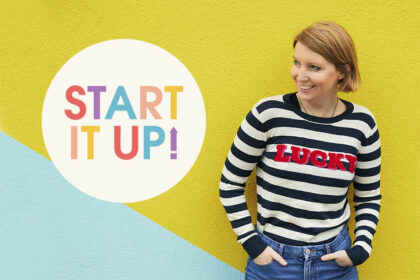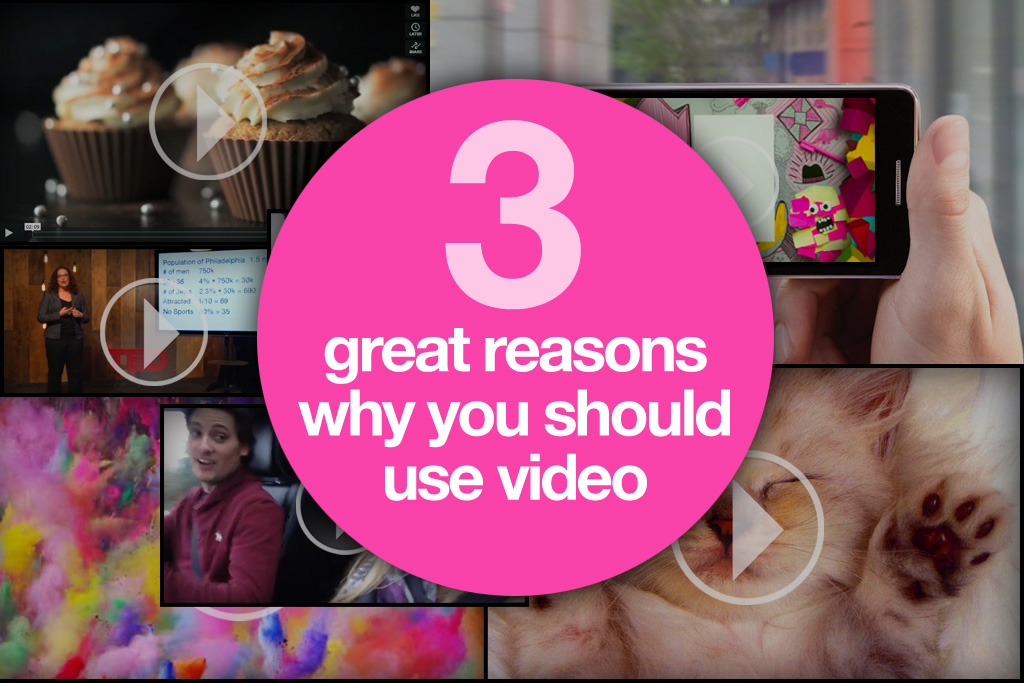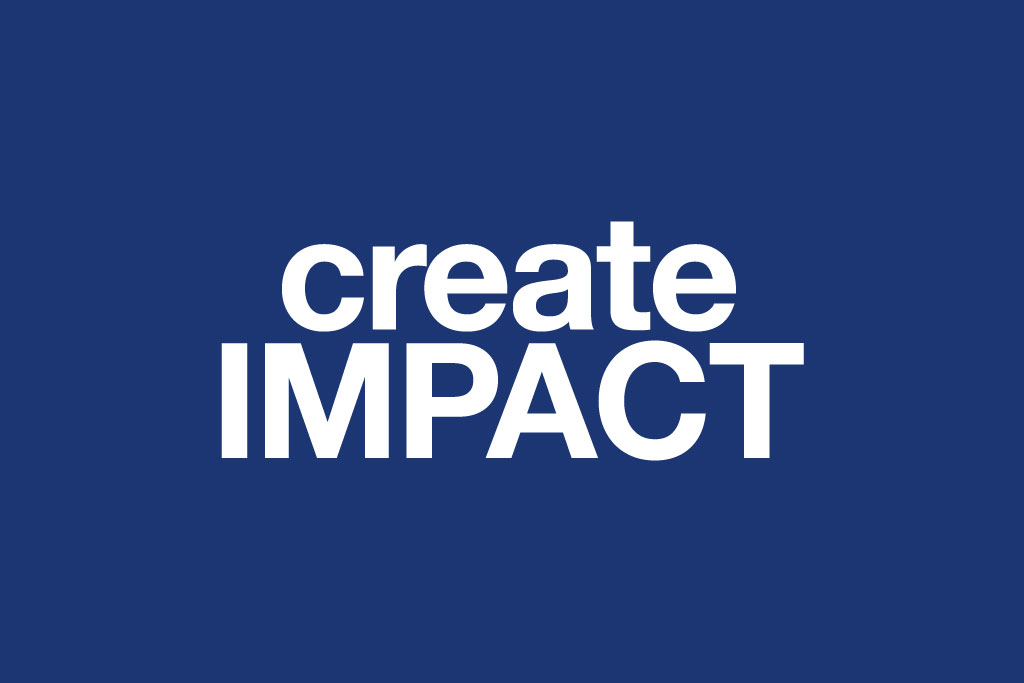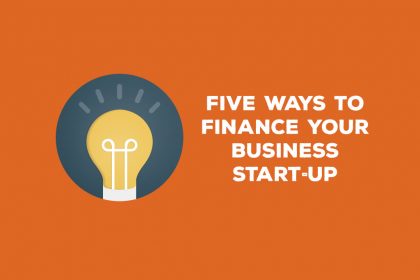Three low-budget marketing tools for freelancers and startups
Need to promote your freelance services or start up business on the cheap? We look at how three low-budget marketing tools can help you.
When you’re starting out as a freelancer or launching a new business, getting exposure is absolutely essential. Unfortunately it’s also often the time when your budget is the tightest.
So how can you market what you do to let people know you exist – and that you’re the perfect freelancer or small business for them?
Three low-budget marketing tools
To help you self-promote without spending a fortune, we’ve picked three low budget marketing tools that are perfect for freelancers and small businesses.
1) Facebook
Remember life pre-Facebook? In just a few short years, Facebook has become one of the best and fastest growing business marketing and promotion tools – not surprising when you consider that it offers effective and eye-catching business pages where you can advertise your goods and services.
These free business pages include space for basic information and contact details, photos of your products or services, advertising pages for brochures and information, reviews and a platform to reach your customer base with daily, weekly or monthly specials.
You can also create and advertise events and obtain lists of attendees. These pages can be shared with other users and reach hundreds or even thousands of potential customers on a daily basis, and are used with brilliant results by many businesses.
Many freelancers and startup businesses often rely on their Facebook page as a way of establishing an online presence and connecting with potential customers before they can afford to invest in a website.
Facebook ads are also an affordable way of presenting your ideal target audience with a tailored message and offer. Clever use of activities like retargeting can boost your ROI even further.
2) LinkedIn
LinkedIn is a professional networking web site which allows you to promote your product or service to your target market by sharing your product profile, experience, skill set and photos of your business activities.
It’s a US-based site, but you can create pages in 24 languages, making it very versatile. Some of the useful things you can do on LinkedIn include:
- Scan and import business cards.
- Use ‘connected’ and ‘search’ functions.
- Upload and share files using Slide Share.
- Use Pulse for news feeds.
- Use Bright, an online job matching tool.
The beauty and functionality of the site lies in its ability to connect people engaged in and involved with each other in professional circles, to enhance networking and promote relationships – perfect for both freelancers and small businesses.
If you’re a freelancer or entrepreneur, you can increase your chances of getting found by ensuring that you use the right keywords in your headline and summary. And if you’re a business owner, you can create a company page to promote what you do and your latest news and industry expertise.
(Not happy with your LinkedIn profile? Follow seven simple rules to getting it perfect.)
3) Business cards
In all the amazing technology we’re spoiled with today, it’s easy to dismiss more traditional, old-fashioned marketing tools. But never overlook the absolute power of the humble business card.
These little gems are still widely used as one of the best, affordable ways to promote and share your business.
Whether you opt for a simple black and white business card, a colour card or a glitzy, illustrated version, it really is a critical asset to your business, and one you can’t afford to forget.
Just think back to the last business or networking event you attended. How many people did you meet, or businesses were you introduced to? And how many can you remember in any detail now?
Telling people you meet about your goods or services is a great way to self-promote, but many people won’t remember more than the basics of your discussion. A business card bridges this gap perfectly. Not only does it provide a useful connection or potential new client with a physical reminder they met you in the first place, but it gives them all your contact details and any other essential information you include on it.
It could mean the difference between them making contact with you after the event, and never hearing from them again.
Another good thing about business cards is that they don’t need to be a significant investment. Online shops such as Onlineprinters.co.uk help you to create an affordable stock of cards, which you can hand out at events, and even leave at information centres or attach to monthly statements.
Photo courtesy of istockphoto.com










